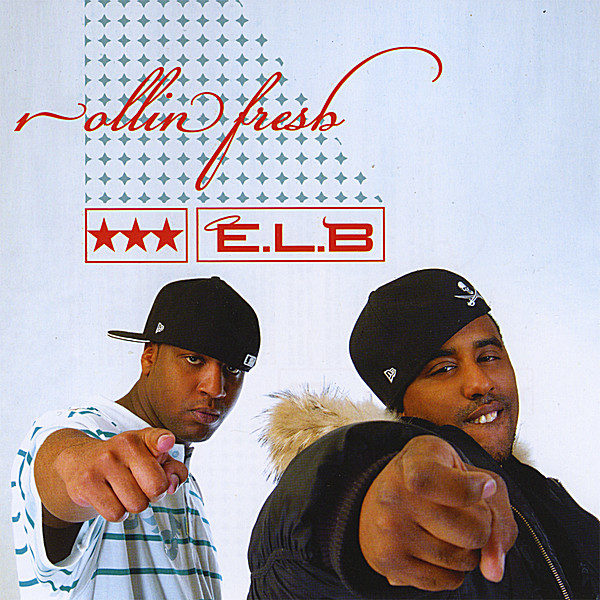
Kari the Elephant (1922) is a children's book by Dhan Gopal Mukerji. Published the year Mukerji moved from San Francisco to New York City, Kari the Elephant is the debut children's book from the first Indian writer to gain a popular audience in the United States. Although less popular than his novel Gay Neck: The Story of a Pigeon (1927), which won the 1928 Newbery Medal, Kari the Elephant is a beautiful tale of kinship between the human and animal worlds set in the lush forests of the author's native India. "Kari, the elephant, was five months old when he was given to me to take care of. I was nine years old and I could reach his back if I stood on tiptoe. He seemed to remain that high for nearly two years. Perhaps we grew together; that is probably why I never found out just how tall he was." Raised side by side, Kari and his handler grow inseparable through their travels in the Indian countryside. As their adventures bring them to cities, jungles, and distant lands, boy and elephant overcome danger and learn the true meaning of friendship. Although he never returned to his native country, Mukerji left an inspiring legacy through his literary achievement and unwavering commitment to Indian independence. With a beautifully designed cover and professionally typeset manuscript, this edition of Dhan Gopal Mukerji's Kari the Elephant is a classic of Indian American literature reimagined for modern readers.







